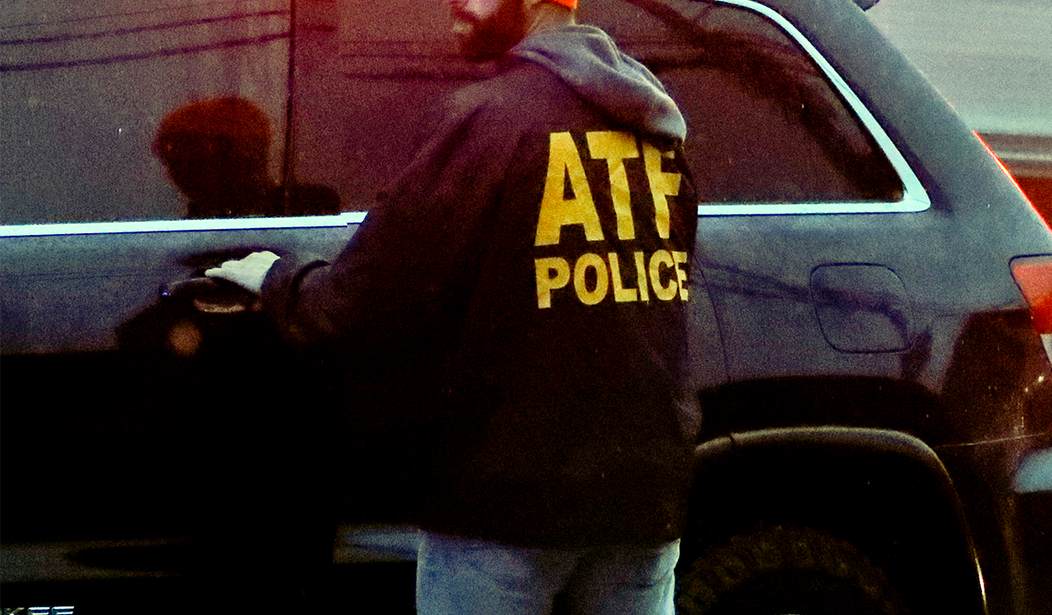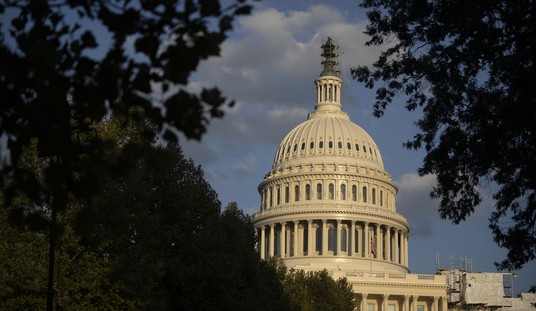Three new federal lawsuits challenging the ATF's new rule redefining who is "engaged in the business" of dealing firearms have been filed in federal court today, including one from a coalition of 21 attorneys general and three Kansas gun collectors who filed their suit in Arkansas , alleging the rule goes beyond the agency's statutory authority and should be struck down.
One of those individual plaintiffs is Kansas Judge Phil Journey, an NRA board member who's been vocal about demanding internal reforms for the organization. Interestingly enough, the NRA is not a named plaintiff in the suit. In fact, no Second Amendment group is officially a part of the complaint, unless you count the Chisholm Trail Antique Gun Association. Instead, the attorneys general of Alabama, Alaska, Arkansas, Georgia, Idaho, Indiana, Iowa, Kansas, Kentucky, Missouri, Montana, Nebraska, New Hampshire, North Dakota, Oklahoma, South Carolina, South Dakota, Tennessee, Virginia, West Virginia, and Wyoming are the driving force behind the litigation.
In their complaint, the AGs note that Congress never even attempted to define a firearms dealer or subject them to federal regulations until 1938, and though lawmakers have revised that definition a couple of times (most recently as part of the Bipartisan Communities Safety Act in 2022), it has never gone so far as the ATF's new rule, which could subject someone to federal prosecution for simply offering to sell a single gun from their collection, even if that sale is never completed.
But the only difference between the FOPA's definition of intent- "primarily one of obtaining livelihood and pecuniary gain"-and the BSCA's definition- "primarily one of obtaining pecuniary gain"-was the BSCA's omission of "livelihood," see id.-hardly a sweeping substantive change that warrants the expansive Final Rule.
From that tiny seed, the Biden Administration and Defendant Dettelbach sought to smuggle in the backdoor what Congress had long-refused to allow in the front door: near-universal background checks, with the criminal edges so fuzzy that few individuals would risk private sales of firearms.
The AG's point out that the final rule "has the practical effect of requiring background checks for a large number of firearm sales that would not have been required under the prior definition of “engaged in the business."
Many commenters indicated a belief that the... rule created a universal background check requirement.
Indeed, Mark Collins of the anti-gun Brady Campaign called the proposed rule "a big step closer to" universal background checks. Media coverage of the Final Rule describes it as closing the so-called gun show loophole and resulting in the largest expansion of background checks since 1993. All of this would occur without any action by Congress.
While the White House was careful with its public statements, it still made it clear that it believes the Final Rule will have a sweeping impact. Indeed, the White House specifically boasted that it was now going to require background checks for all sales at gun shows. It explained that just as those doing business from a brick-and-mortar store must "become a licensed dealer and run background checks," those "dealing firearms at a gun show, online, in [their] home, in the trunk of a car, at a flea market, or anywhere else... must obtain a license and run background checks." And it added that "[e]vidence that a person placed ads online or reserved a table at a gun show shows that the person is intending to profit from the sale."
Which, under the ATF's new rule, is all that's required to charge a private seller with being an unlicensed gun dealer.
The plaintiffs are asking a federal judge to postpone the effective date of the rule pending judicial review, but are also seeking a declaration that the rule violates the Administrative Procedures Act and the Second Amendment, as well as injunction that would block the new rule from being enforced against the plaintiffs and every other gun owner who might be subjected to its provisions.
The state of Florida has launched its own separate lawsuit challenging the rule, and Louisiana, Texas, Mississippi, and Utah AGs have joined with Gun Owners of America, the Virginia Citizens Defense League, and the Tennessee Firearms Association in a third challenge to the ATF rule.
It only takes one judge to grant an injunction, so filing multiple lawsuits in different jurisdictions ups the chances that one or more of the judges hearing these complaints will grant injunctive relief. It's heartening to see a multi-pronged effort to defang the ATF's "engaged in the business rule", and hopefully it won't be long until the ATF is forced to put its plans for enforcement on hold.









Join the conversation as a VIP Member